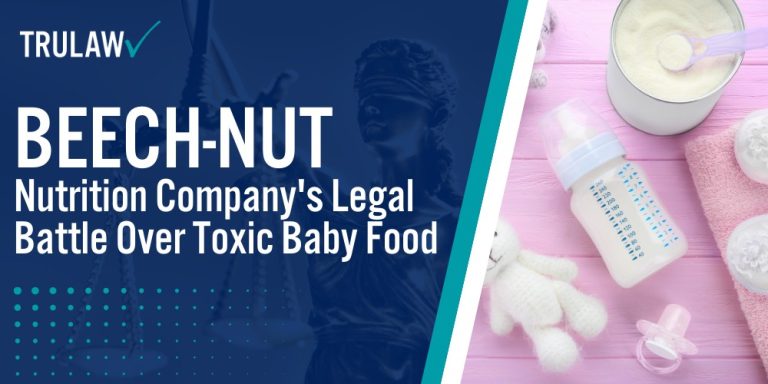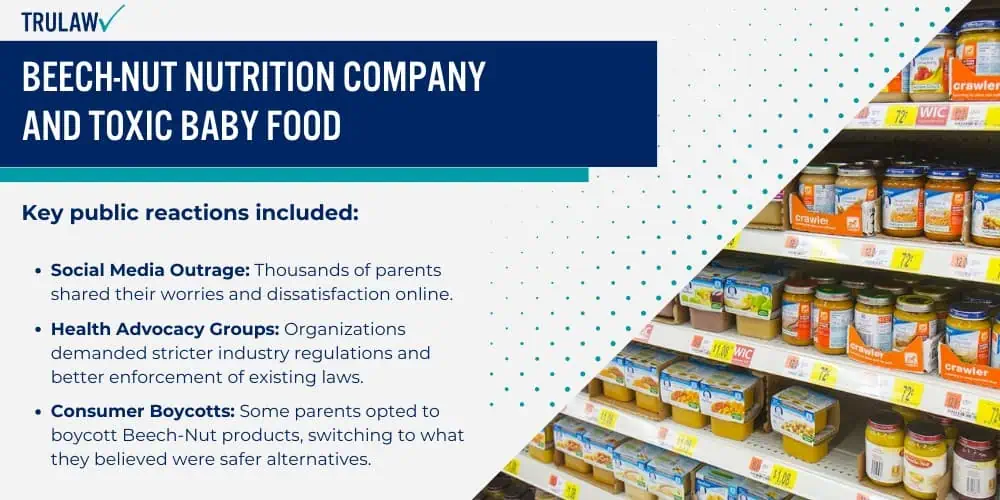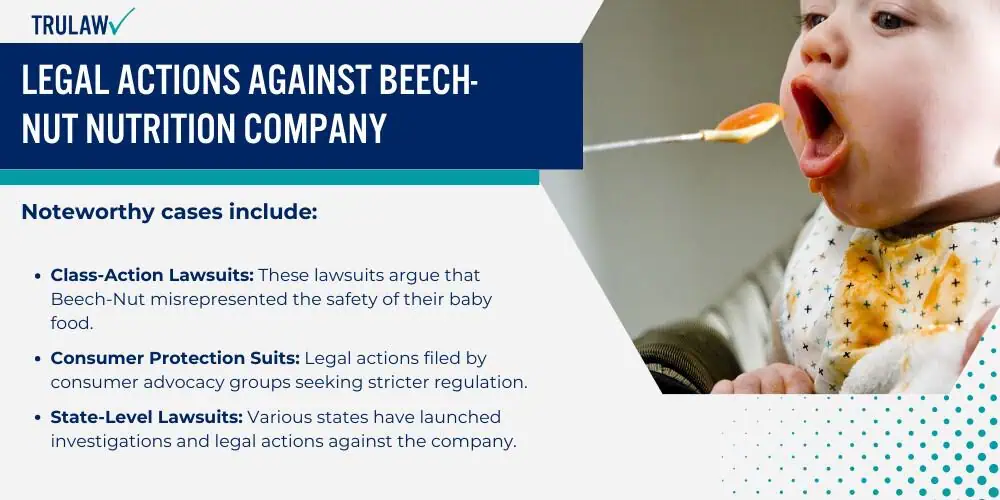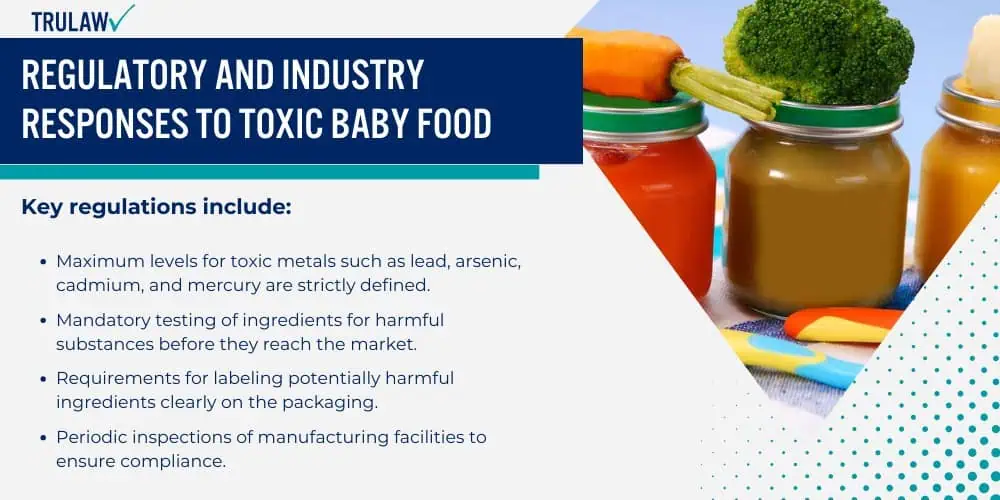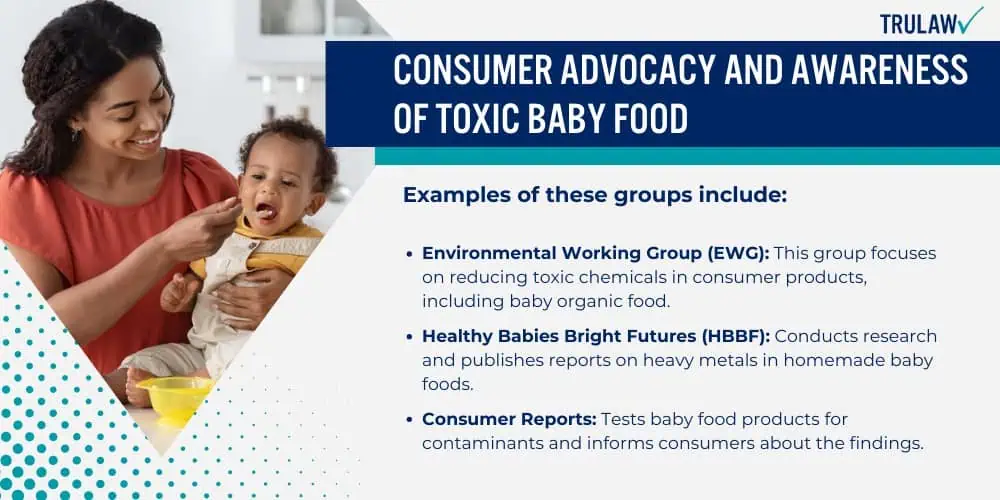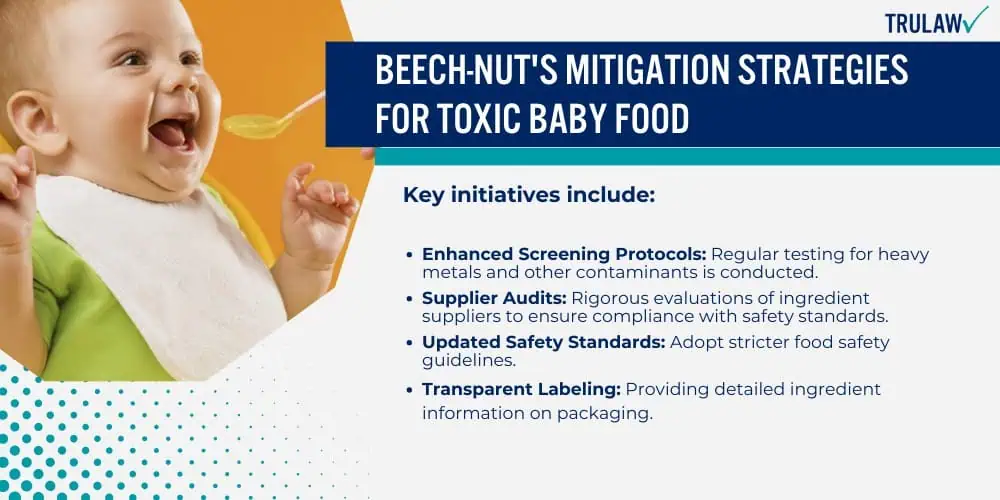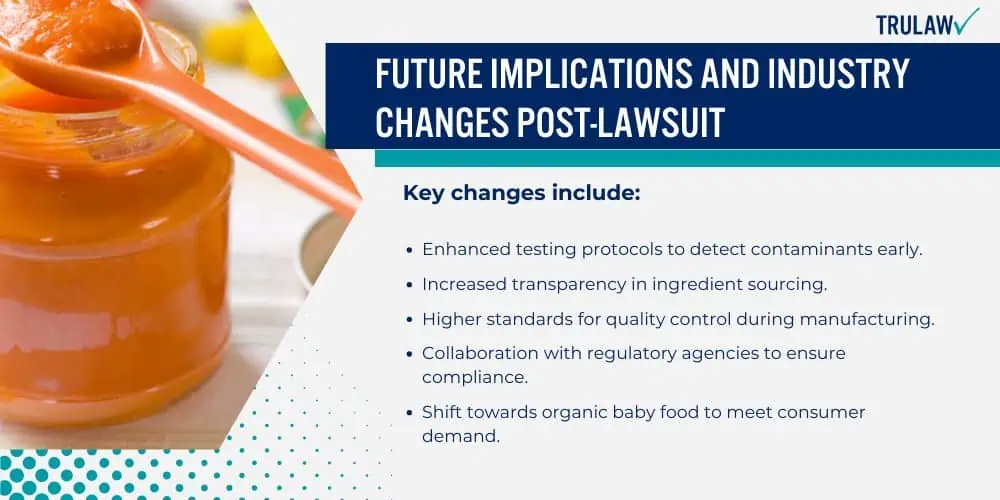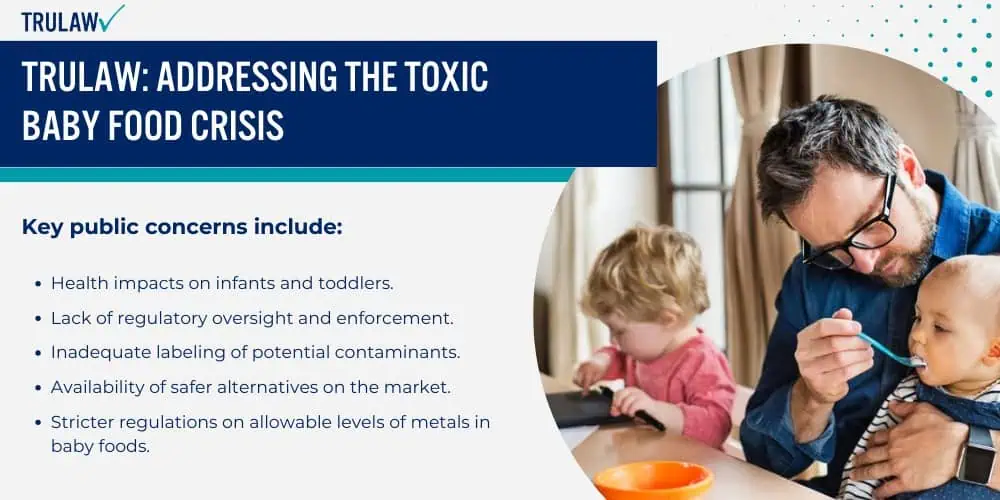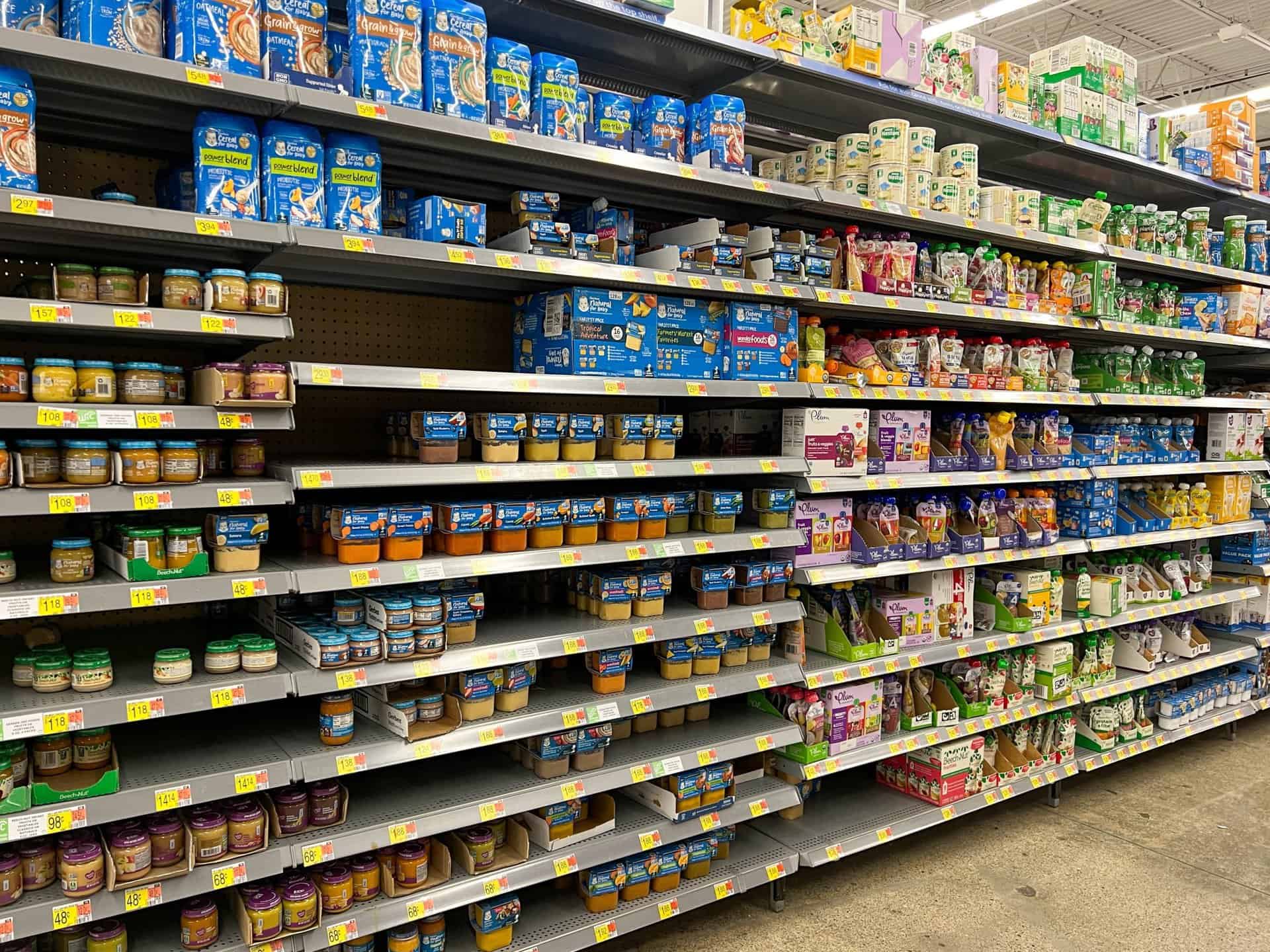Toxic baby food can pose significant health risks to infants due to the presence of harmful chemicals and heavy metals.
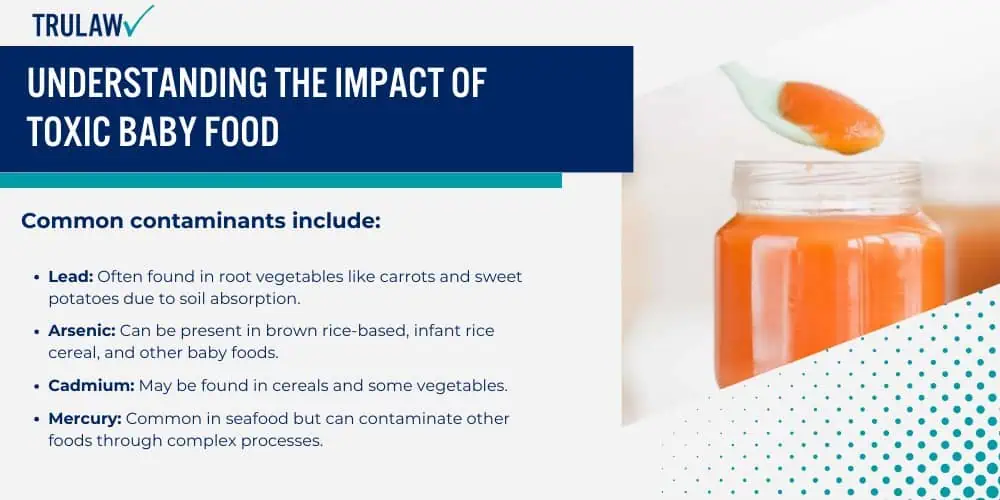
Health impacts on infants include impaired cognitive development and lower IQ.
Parents must know these risks and consider alternative baby foods with lower contamination levels.
More stringent regulations and routine testing could help mitigate these concerns.
What Constitutes Toxic Baby Food? Key Ingredients
Certain baby foods can contain heavy metals like lead, arsenic, cadmium, and mercury.
These substances are often found in popular baby foods such as sweet potatoes and carrots.
Heavy metal contamination can result from various factors, including soil exposure and manufacturing processes.
Common contaminants include:
- Lead: Often found in root vegetables like carrots and sweet potatoes due to soil absorption.
- Arsenic: Can be present in brown rice-based, infant rice cereal, and other baby foods.
- Cadmium: May be found in cereals and some vegetables.
- Mercury: Common in seafood but can contaminate other foods through complex processes.
Limiting exposure to these harmful elements can minimize the risks associated with toxic baby food.
Health Risks Associated with Toxic Baby Food
Exposure to heavy metals and harmful chemicals in baby food can lead to several health issues.
Infants are particularly vulnerable due to their developing systems and higher food intake relative to their body weight.
Possible health risks associated with toxic baby food include:
- Developmental Delays: Lead exposure can impair cognitive and behavioral development.
- Organ Damage: Arsenic and mercury can cause liver and kidney issues.
- Bone and Teeth Issues: Cadmium exposure may affect bone growth and dental health.
- Impaired Immune Function: Heavy metals can weaken a child’s immune system.
Caregivers should be aware of these risks and select baby foods carefully to ensure their child’s health and safety.
